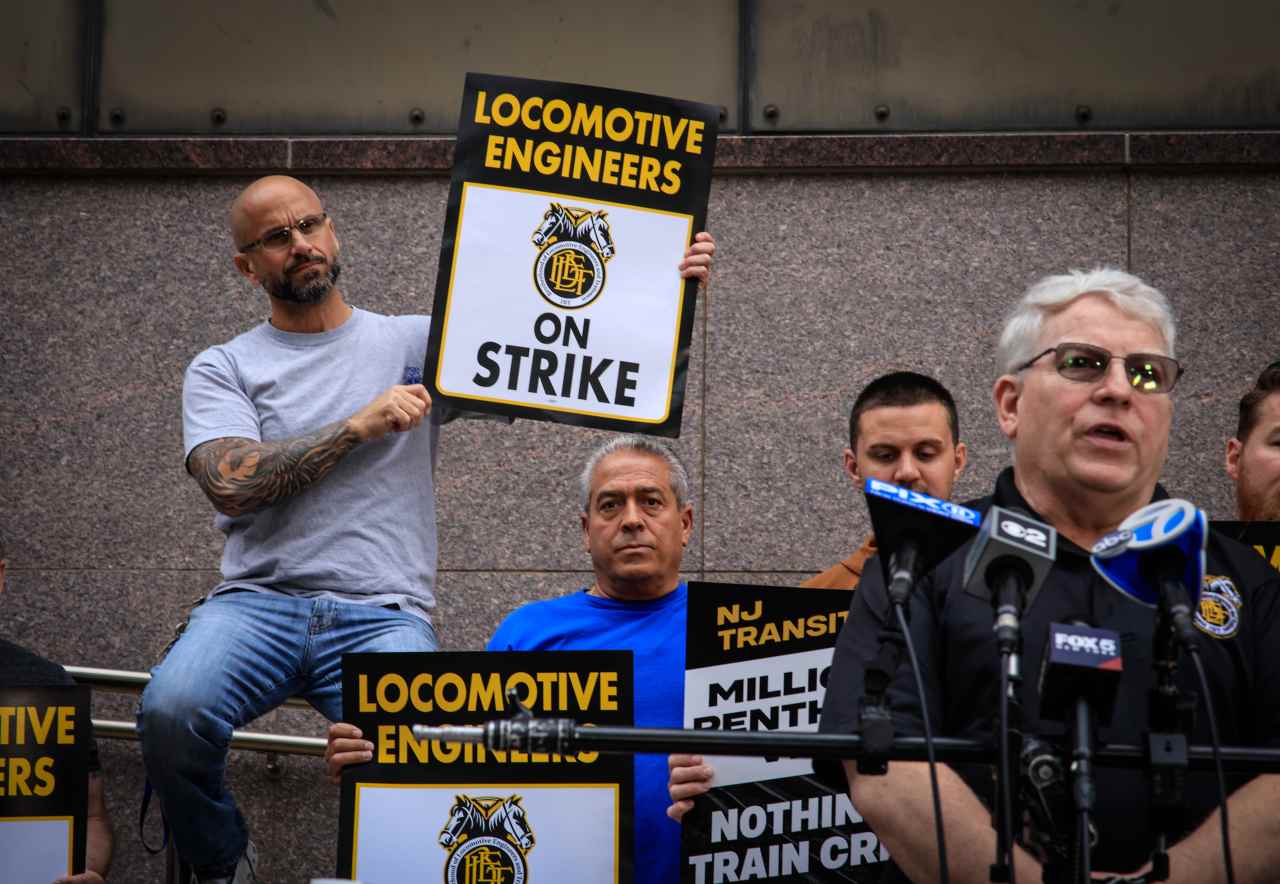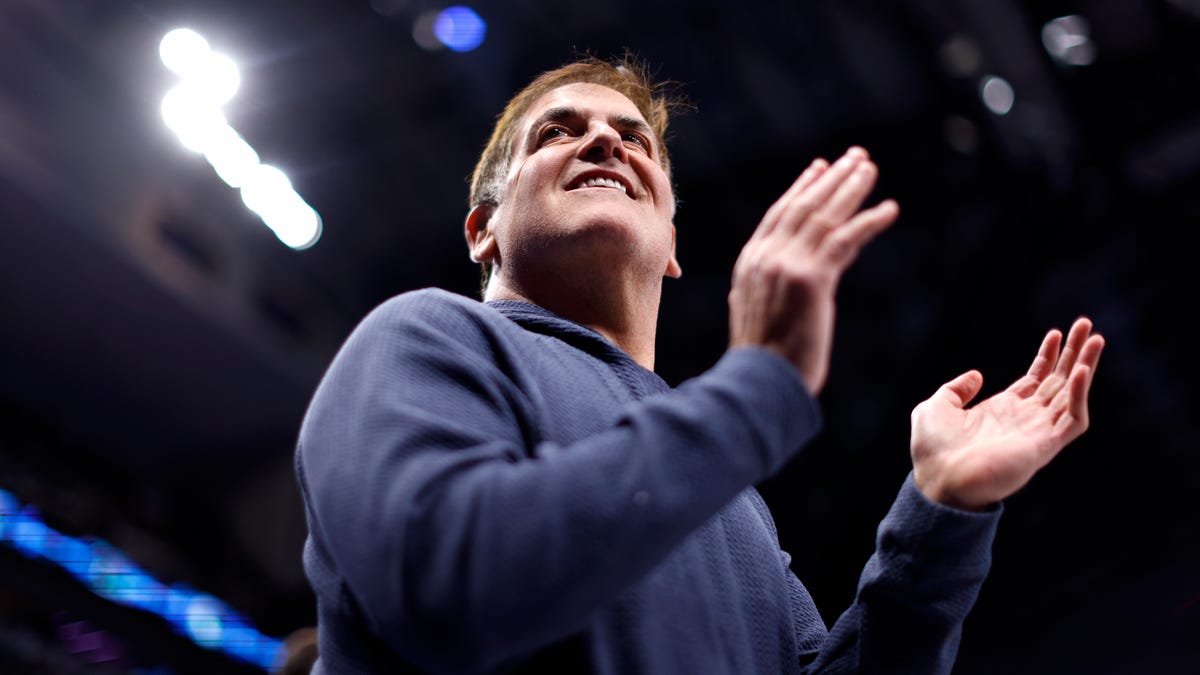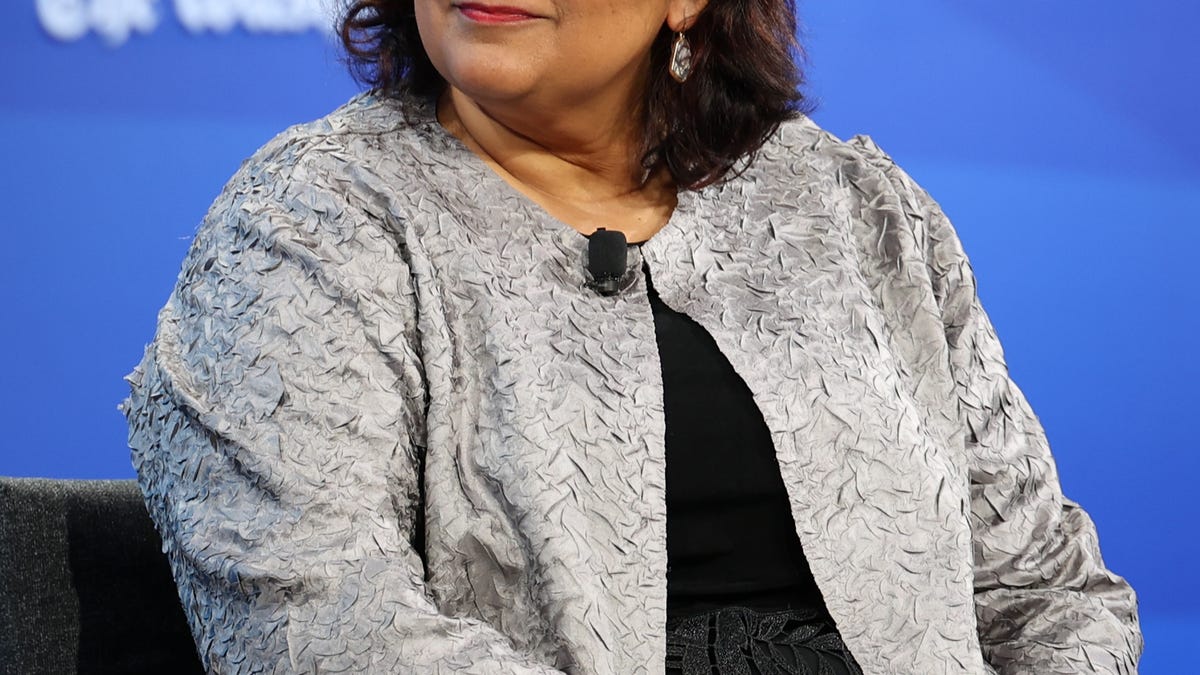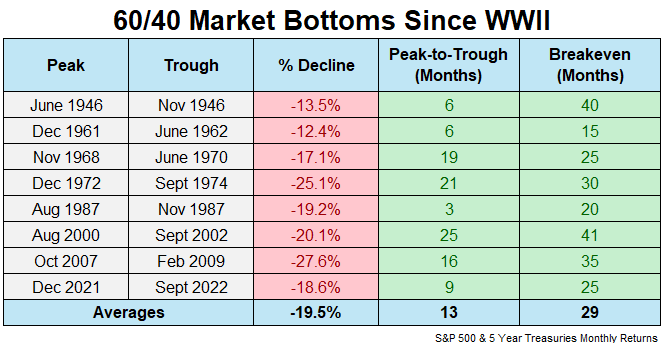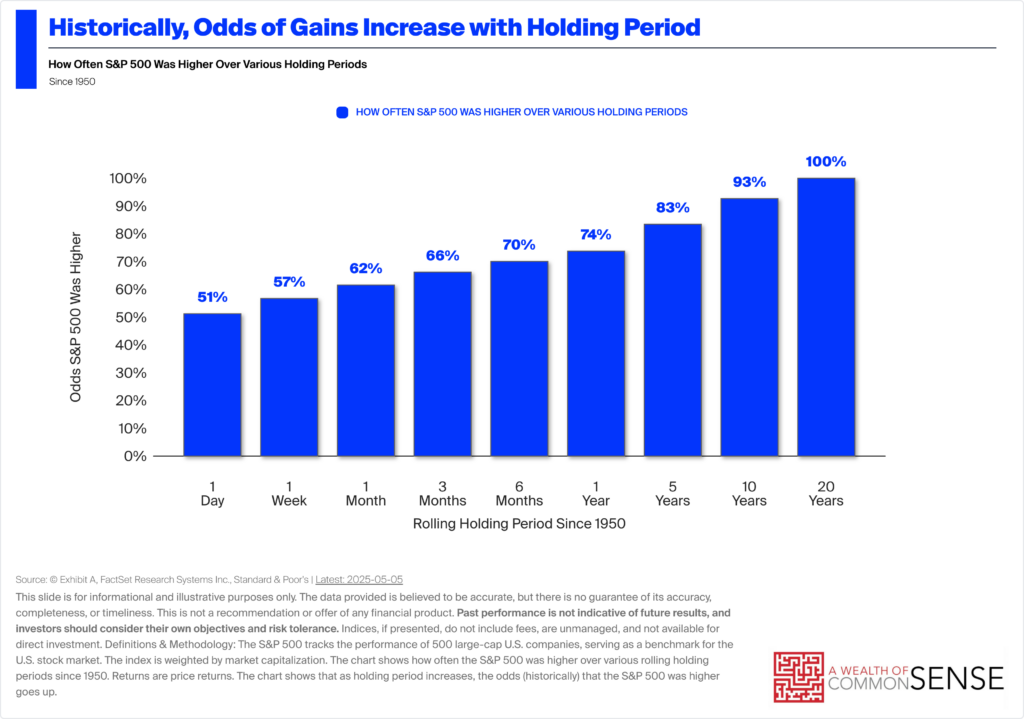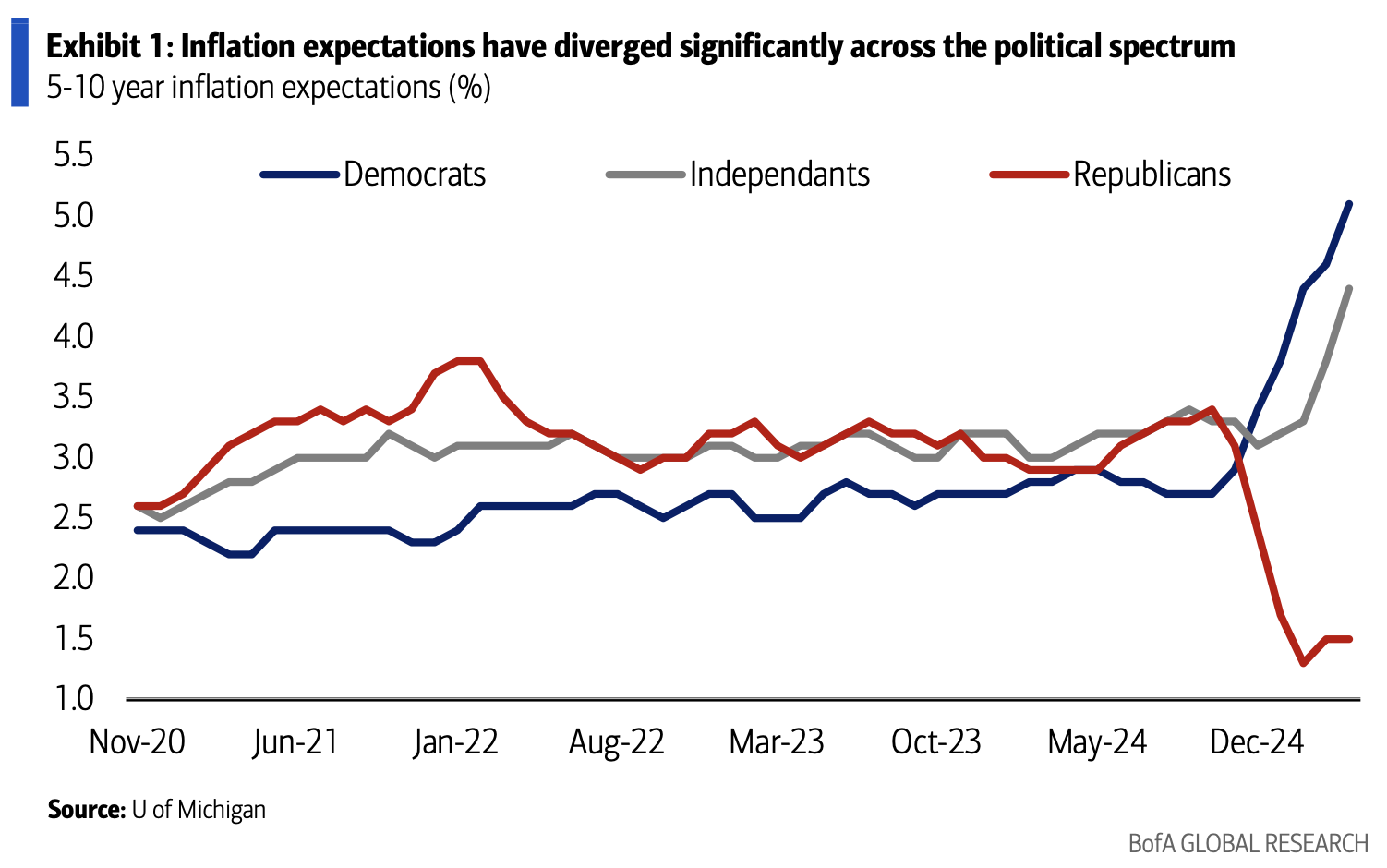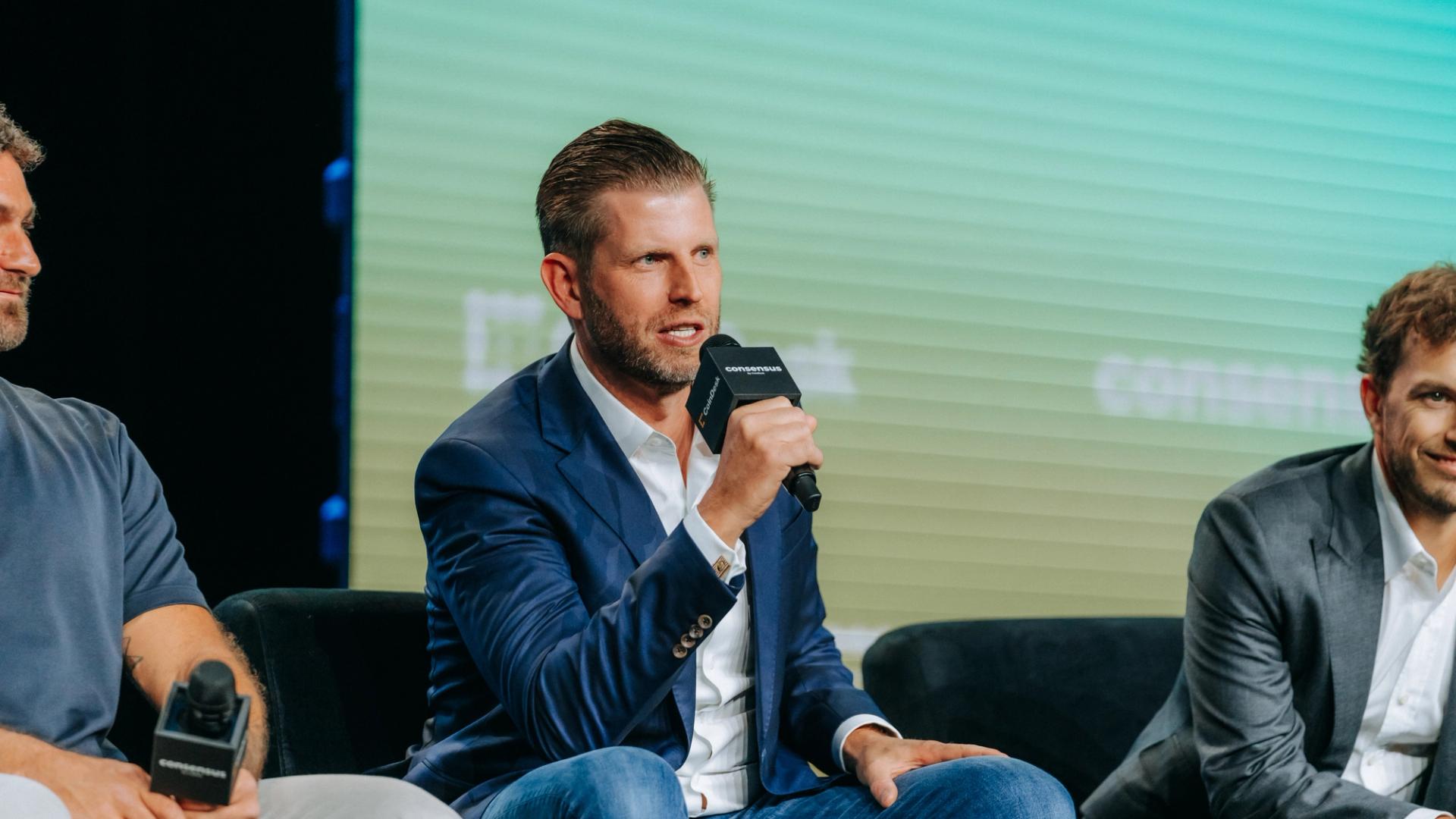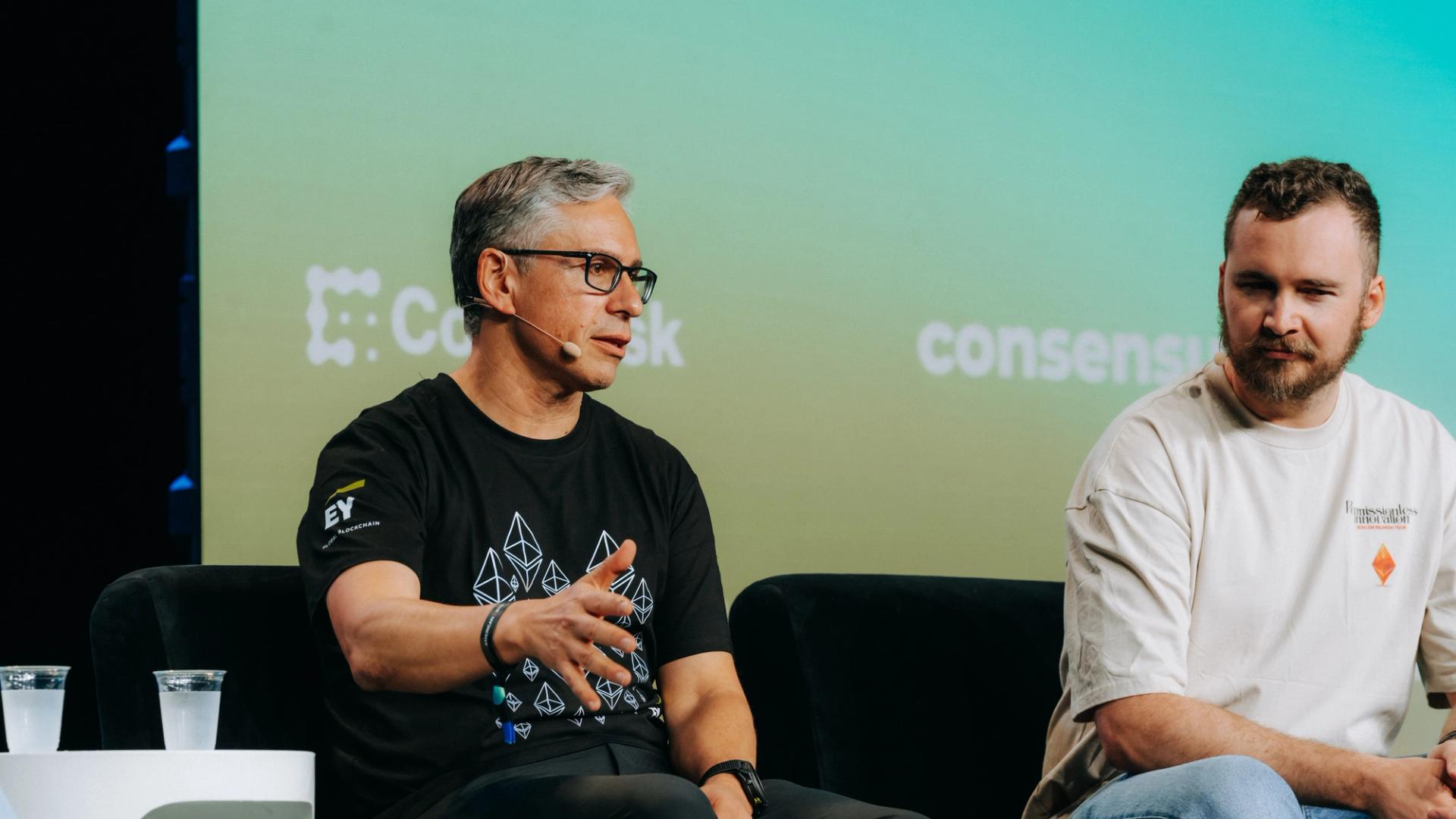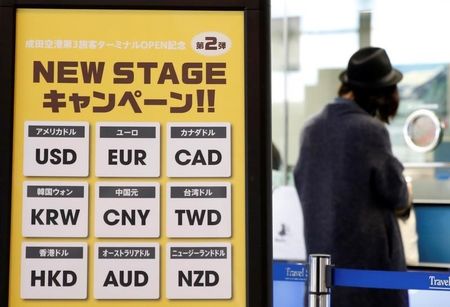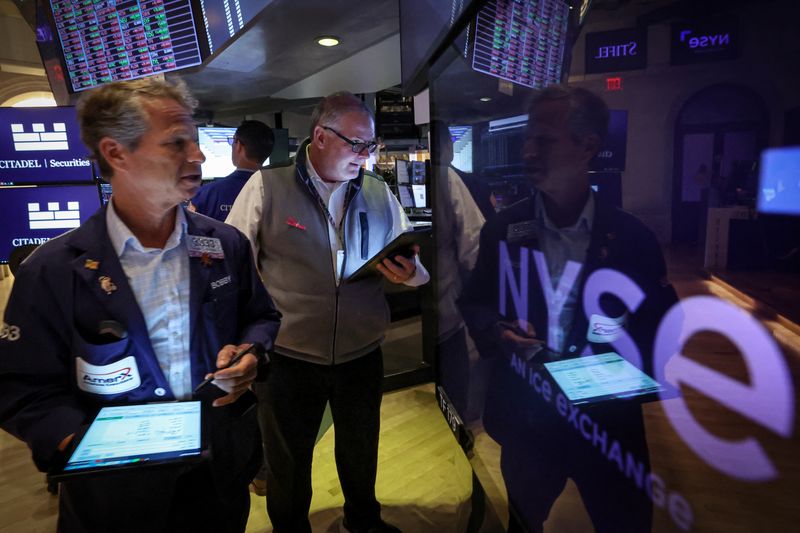JPMorgan CEO Jamie Dimon tells remote-work-loving Gen Z ‘you can’t learn working from your basement’
The bank CEO said in-person work is essential for innovation, management, and the development of young workers. But Gen Z is clinging to their couches.

- JPMorgan CEO Jamie Dimon told young workers “you can’t learn working from your basement.” And it’s not just Gen Zers that benefit from face-time in the office, the Wall Street exec also said his 5-day in office mandate will help management and push workers to innovate.
Wall Street has shifted back to office times of old—in-person five days a week, with staffers scrambling for desks and crowding around water coolers. JPMorgan’s CEO Jamie Dimon, who instituted a strict RTO mandate in January, said it’s all critical to the careers of Gen Z.
“It is an apprenticeship system,” Dimon said in an interview with Bloomberg on Thursday, while adding that in-office time ensures young staffers pick up best practices from their seniors. “You can’t learn working from your basement.”
Plus, while some may be less than pleased about the mandate right now, he added, “I think our employees will be happier over time.”
The CEO has been outspoken on the return-to-office debate. But Dimon also understands the appeal of logging in from home; remote work can pan out well for some companies and certain roles. Dimon is just adamant that in-person is the best thing for his business—and no one is swaying his choice.
“I gave a very detailed answer about why [work from home] doesn’t work for young people, why it doesn’t work for management, why it doesn’t work for innovation,” Dimon said. “I completely applaud your right to not want to go to the office every day. But you’re not going to tell JPMorgan what to do.”
JPMorgan declined Fortune’s request for comment.
Inside JPMorgan’s RTO battle
In January of this year, the JPMorgan CEO brought down the RTO hammer, and ordered his more than 300,000 employees to come back into the office five days a week. The choice was met with workforce outcry; 40% had been working on a hybrid schedule of three days a week in-office at the time. So employees of the $650 billion bank launched a public petition, calling on Dimon to keep the usual work model. It garnered nearly 2,000 signatures.
One month later, during a February JPMorgan town hall, the CEO had some words for the RTO backlash. Audio of the internal meeting was leaked, where the CEO criticized the petition and said there wasn’t “a god d-mn person” he could reach on Fridays. He also pointed out that employees were distracted during “f-cking Zoom” calls.
While Dimon admitted to Bloomberg that he “emoted” during that February town hall, he holds firm that he isn’t totally pigeonholed in his view. The executive pointed out that the RTO mandate didn’t cause huge negative shifts; he said there was no additional attrition, and that 10% of the company’s jobs, like call center gigs, are still remote.
“I’m not even against work from home—I’m against work from home [when] it doesn’t work,” Dimon said.
Gen Z and their love for WFH
It makes sense why Gen Z is keen to log in from their coaches—as the newest cohort of workers, many started their first full-time jobs during the COVID-19 era of remote work. It’s become their normal, and they’re desperate to keep it.
Plus, for the most part, they’re happy to go into the office, just not every day. Gen Z is the most likely generation to come into the office 3 days a week—higher than millennials, Gen X, and baby boomers—they still crave balance. Almost 40% of Gen Z and millennials would take a pay cut in order to have more work flexibility, like what they had during the pandemic. Going back into the office disrupts their cushy, remote schedule; after all, more than half of the young generation have put off work to finish a show they’re watching.
“While [young workers] actively seek roles offering face-to-face engagement, they reject rigid office mandates, prioritizing flexibility in when and how they work,” Lauren Winans, CEO and principal HR consultant at HR consulting firm Next Level Benefits, told Fortune.
This story was originally featured on Fortune.com



















